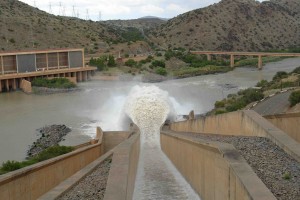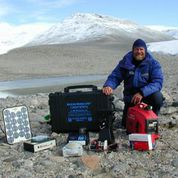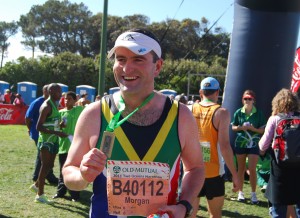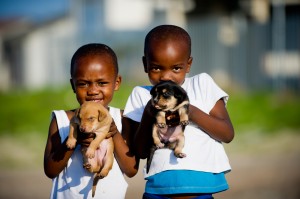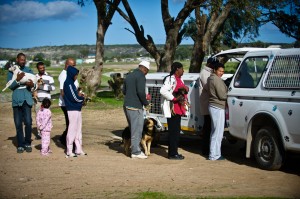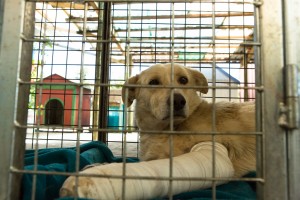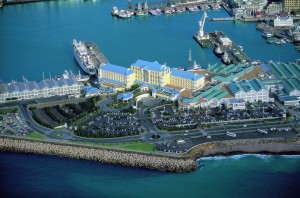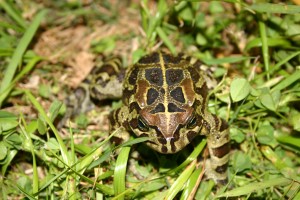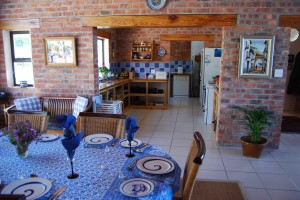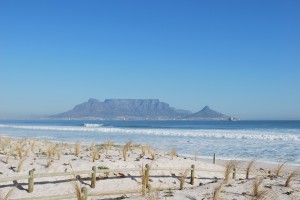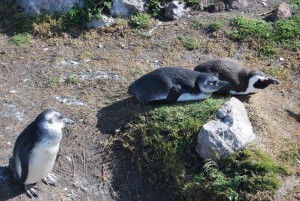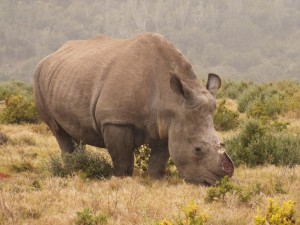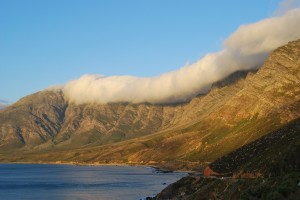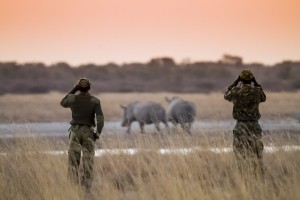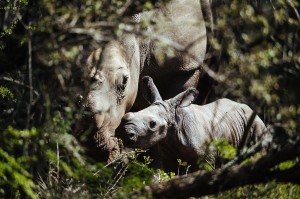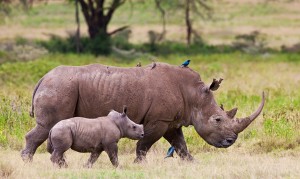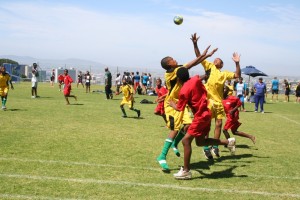 The < 1st climate-neutral handball tournament series in South Africa is aiming to reach out with sport to the youth, bring players from various schools and cultural backgrounds together,at the same time educating them about the environment. PLAY HANDBALL ZA is hosting the 1st PLAY HANDBALL SuperCup on the 24th of April 2016, 9am-5pm at the German International School in Tamboerskloof, Cape Town. Twenty-two youth teams in three age categories from Cape Town to Franschhoek are expected; the groups are Primary School Mix U14, High School Girls U16 and High Shool Boys U 16.
The < 1st climate-neutral handball tournament series in South Africa is aiming to reach out with sport to the youth, bring players from various schools and cultural backgrounds together,at the same time educating them about the environment. PLAY HANDBALL ZA is hosting the 1st PLAY HANDBALL SuperCup on the 24th of April 2016, 9am-5pm at the German International School in Tamboerskloof, Cape Town. Twenty-two youth teams in three age categories from Cape Town to Franschhoek are expected; the groups are Primary School Mix U14, High School Girls U16 and High Shool Boys U 16.
The idea of the tournament is to enhance environmental awareness among Western Cape youth, with special emphasis placed on educating about environmental issues, waste management solutions and sustainable living. To translate this idea into action, tasks will be given to the teams prior to the tournament and teams will be challenged to develop ideas of how they can contribute to a clean and healthy environment. Teams will collect waste in their communities, schools and/or around their handball field and find innovative new ways to dispose of or recycle it. The most creative ideas around waste disposal and/or recycling will be awarded with a “Green Award” on the day of the tournament and the team will be given a tree by the environmental organisation, Greenpop.org, which also supports the initiative. Beside this task, there will be an Eco-Trail at the tournament providing the possibility of winning exciting tombola prizes at the climate-neutral event.
 The German International School in Cape Town is hosting the tournament at their outdoor-sport field. This innovative project, initiated by PLAY HANDBALL ZA, is carried out in partnership with the Konrad-Adenauer-Stiftung (KAS), the Deutscher Handballbund (DHB), as well as the Deutsche Sporthochschule Koeln (DSHS). The tournament on Sunday will be the first of its kind and is serving as a pilot. There are two more tournaments planned for this year. Beside the tournament as an exciting reward at the end of a school term, a handball and life skill manual will be developed in cooperation with the Deutsche Sporthochschule Koeln.
The German International School in Cape Town is hosting the tournament at their outdoor-sport field. This innovative project, initiated by PLAY HANDBALL ZA, is carried out in partnership with the Konrad-Adenauer-Stiftung (KAS), the Deutscher Handballbund (DHB), as well as the Deutsche Sporthochschule Koeln (DSHS). The tournament on Sunday will be the first of its kind and is serving as a pilot. There are two more tournaments planned for this year. Beside the tournament as an exciting reward at the end of a school term, a handball and life skill manual will be developed in cooperation with the Deutsche Sporthochschule Koeln.
PLAY HANDBALL ZA is a sports and development organisation founded in 2013 in South Africa and is using handball to create positive change for children and communities. With handball we teach life skills, empower the youth – especially girls – and contribute to an open-minded inclusive society without racial, social or gender based boundaries. PLAY HANBDALL is providing the knowledge on how to implement handball in schools and how to combine it with life skills. We support community based organisations and schools with equipment and volunteers to implement this approach towards climate-neutrality.

